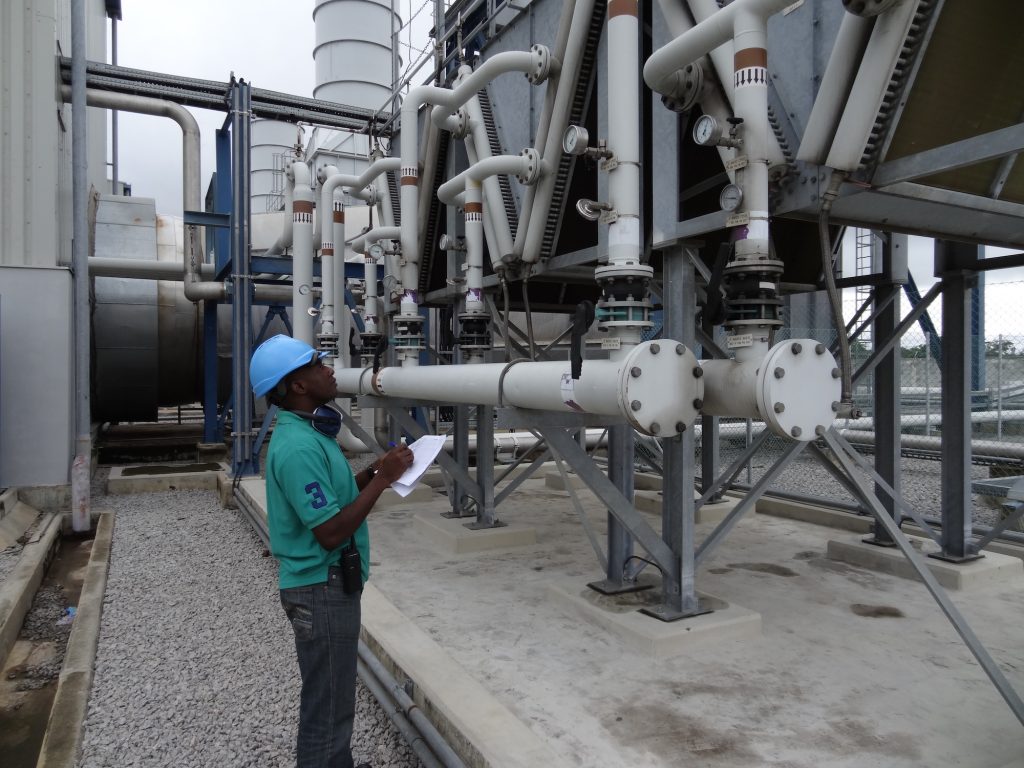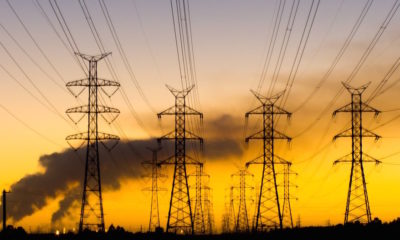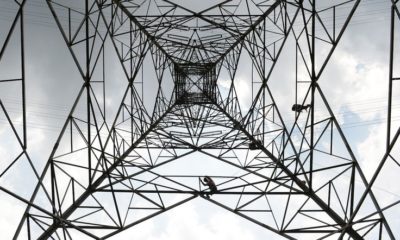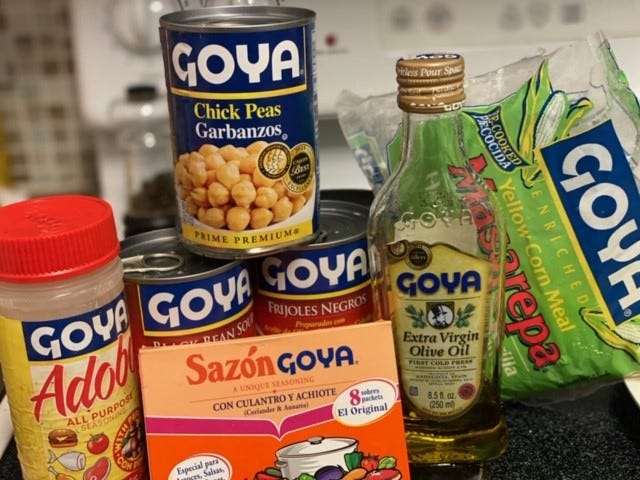Company News
Geregu Profit Dips by 11.44% in Nine Months
Geregu Power Plc profit after tax dipped by 11.44% in the nine months ended September 2022 to N10.029 billion, down from N11.33 billion filed in the same period of 2021.

Company News
Goya Foods Takes Legal Action to Assert ‘Goya Olive Oil’ Trademark Ownership
Company News
IOCs Accused of Blocking Direct Crude Sales to Dangote Refinery
Company News
Dangote’s $20 Billion Refinery to Begin Petrol Sales Next Month
-

 Billionaire Watch3 weeks ago
Billionaire Watch3 weeks agoWarren Buffett Donates $5.3 Billion in Berkshire Shares to Charities
-

 Startups4 weeks ago
Startups4 weeks agoFormer Konga CEO Nick Imudia Dies by Suicide in Lagos Home
-

 News4 weeks ago
News4 weeks agoJoke Silva Quashes Death Rumors, Confirms Olu Jacobs is Alive
-

 News4 weeks ago
News4 weeks agoNorth Israel Turns Into Ghost Towns Amid Hezbollah Missile Barrage
-

 Bitcoin4 weeks ago
Bitcoin4 weeks agoBitcoin Slumps 13% in Q2, Prompting Investor Concerns
-

 Naira4 weeks ago
Naira4 weeks agoNigeria’s Foreign-Exchange Woes Intensify with Prolonged Naira Decline
-

 Forex3 weeks ago
Forex3 weeks agoNigerian Banks Face Sanctions for Rejecting Small and Old US Dollar Notes
-

 Treasury Bills4 weeks ago
Treasury Bills4 weeks agoCBN Treasury Bills Auction Oversubscribed by 338%, Raises N284.26bn

























